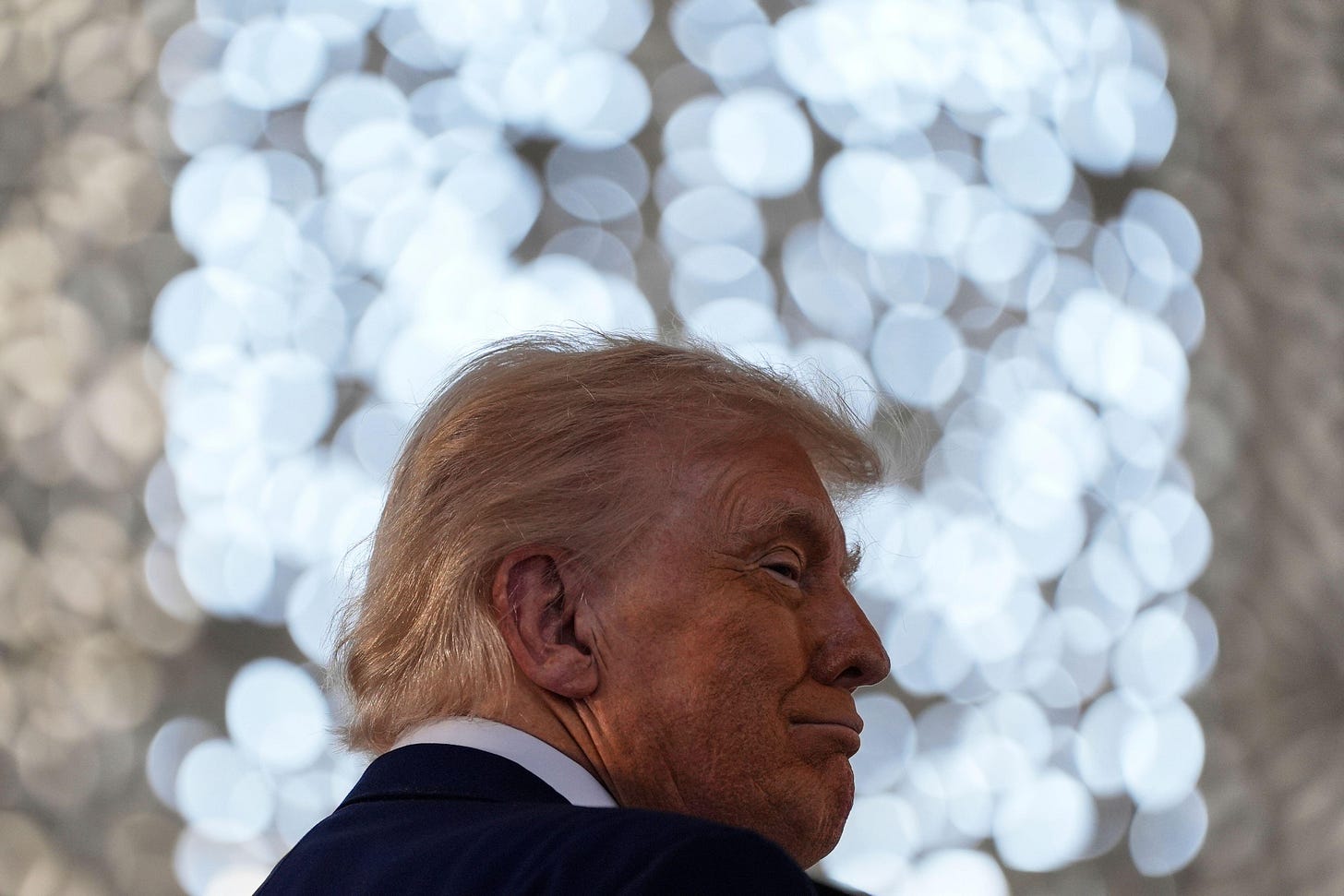Hypernormalization: How Trump Gets Away With Scandal and Corruption
America's Government is plagued by misconduct that even a decade ago would have been career-ending for any politician, reports Matt Bernardini

Perhaps one of the best-timed documentaries in history was Adam Curtis’s HyperNormalisation, which debuted in October 2016, just one month before Donald Trump would be elected President. Curtis argues that the complex problems the world faces are no longer addressed, and the entire Capitalistic system is held together by financiers and technocrats who seek to manage everything just enough so that the system doesn’t collapse. But lately I’ve been thinking about the idea of hypernormalization. It seems to me that the very concept, essentially the maintaining of the status quo, may actually be the reason our American experiment does collapse.
The term was actually coined by a Russian-born professor at the University of California Berkeley named Alexei Yurchak. He included it in his 2005 book Everything Was Forever, Until It Was No More: The Last Soviet Generation, which was about the last two decades of life in the Soviet Union. Yurchak said that everyone there knew their system of government was failing, but nobody could imagine an alternative.
He called this period “late socialism,” and I can’t help but think it has an eerie resemblance to our current time in America, what is often called “late stage capitalism.”
Right now we are living through our own period of hypernormalization, where seemingly every week, or even every day, there is a scandal that just a decade ago would have been career ending for any politician. While I often argue that many of the problems that plague American politics can be traced back decades, it’s hard not to see how the idea of hypernormalization began spreading when Trump announced his run for President in 2015.
Keep reading with a 7-day free trial
Subscribe to Byline Times to keep reading this post and get 7 days of free access to the full post archives.

